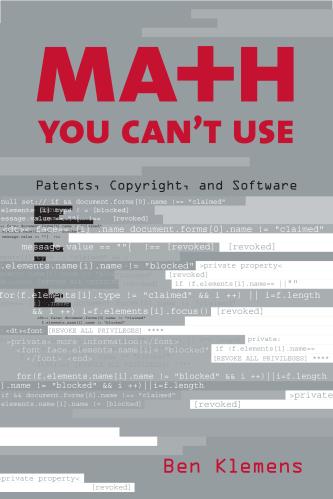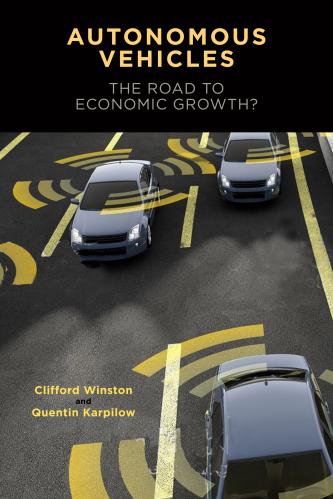Abstract
The many motivations for employing agent-based computation in the social sciences are reviewed. It is argued that there exist three distinct uses of agent modeling techniques. One such use—the simplest—is conceptually quite close to traditional simulation in operations research. This use arises when equations can be formulated that completely describe a social process, and these equations are explicitly soluble, either analytically or numerically. In the former case, the agent model is merely a tool for presenting results, while in the latter it is a novel kind of Monte Carlo analysis. A second, more commonplace usage of computational agent models arises when mathematical models can be written down but not completely solved. In this case the agent-based model can shed significant light on the solution structure, illustrate dynamical properties of the model, serve to test the dependence of results on parameters and assumptions, and be a source of counter-examples. Finally, there are important classes of problems for which writing down equations is not a useful activity. In such circumstances, resort to agent-based computational models may be the only way available to explore such processes systematically, and constitute a third distinct usage of such models.
This paper was published in Agent Simulation: Applications, Models, and Tools, 1999.





